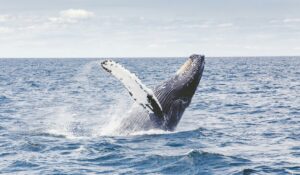The world’s largest database of good news and social change milestones from throughout human history
We are building the world’s largest database of social change milestones, from the first fire to today’s good news. Change is not only possible, it has happened consistently throughout human history. Filter by era, country, topic, actor, source, and more.
4611
change milestones archived
Filters
Search
Era
- Tomorrow (2025 C.E. - ???)
- Today (2017 C.E. - 2024 C.E.)
- Post-modernity (1945 - 2016 C.E.)
- Modernity (1500 - 1945 C.E.)
- Post-classical (500 - 1500 C.E.)
- Civilization (3000 B.C.E. - 500 C.E.)
- Agriculture (10000 - 3000 B.C.E.)
- Prehistory (250000 - 10000 B.C.E.)
Years
Topic
Country
Actor
Filters
Search
Era
- Tomorrow (2025 C.E. - ???)
- Today (2017 C.E. - 2024 C.E.)
- Post-modernity (1945 - 2016 C.E.)
- Modernity (1500 - 1945 C.E.)
- Post-classical (500 - 1500 C.E.)
- Civilization (3000 B.C.E. - 500 C.E.)
- Agriculture (10000 - 3000 B.C.E.)
- Prehistory (250000 - 10000 B.C.E.)
Year
Topics
Region
Countries
State/Province
Institution
Sources
-
2024 C.E. April 5
U.N. makes history with first-ever resolution supporting intersex rights
The U.N. Human Rights Council has issues its first-ever resolution supporting the rights of intersex people. An estimated 1.7% of infants are born intersex — many are forced to undergo irreversible surgeries to “correct” their anatomy and are subject to stigma and discrimination. The resolution directs the U.N. High Commissioner for Human Rights to prepare a report on the challenges intersex people face and the best ways to ensure intersex people’s “highest attainable standard of physical and mental health.”
-
2024 C.E. April 4
Thousands of people in the U.K. to receive landmark trials for dementia blood tests
Thousands of people across the U.K. who are worried about their memory will receive blood tests for dementia in two trials that doctors hope will help to revolutionize the low diagnosis rate. Teams from the University of Oxford and University College London will lead the trials to research the use of cheap and simple tests to detect proteins for people with early stages of dementia or problems with cognition, with the hope of speeding up diagnosis and reaching more people.
-
2024 C.E. April 3
Global life expectancy increased by 6.2 years between 1990 and 2021
A new study from the University of Washington's Institute for Health Metrics and Evaluation found that the super-region of Southeast Asia, East Asia, and Oceania had the world's largest net gain in life expectancy between 1990 and 2021 (8.3 years), largely due to reductions in mortality from chronic respiratory diseases, stroke, lower respiratory infections, and cancer.
-
2024 C.E. April 3
Massachusetts becomes first U.S. state to blanket pardon low-level marijuana charges
Gov. Maura Healey’s first-in-the-nation plan to issue a blanket pardon for simple marijuana possession was met with the unanimous approval of the Governor’s Council. According to Lt. Gov. Kim Driscoll, who chairs the Governor’s Council, the body’s vote means that anyone charged with a misdemeanor crime of marijuana possession before March 13 of this year is cleared of that crime with immediate effect.
-
2024 C.E. March 31
Canada to make contraception for women free
The government will pay for the most widely used methods to avoid pregnancy, such as IUDs, contraceptive pills, hormonal implants or the day after pill, for the nine million Canadian women of reproductive age, Deputy Prime Minister Chrystia Freeland said at a press conference. "Women should be free to choose the contraceptives they need without cost getting in the way. So, we're making contraceptives free," Prime Minister Justin Trudeau said.
-
2024 C.E. March 31
Germany shuts down seven brown coal power stations at end of winter
Seven coal-fired power stations in Germany were shut down over Easter as the need for the power declined, power generators RWE and LEAG say. Five had been taken out of the reserve by the German government to cope with a shortfall in gas supplies through the winter, and a further two had been allowed to continue operating after their scheduled shutdown date, the companies said.
-
2024 C.E. March 30
Aichi becomes Japan’s first prefecture to consider same-sex couples with children as family
Aichi – which is home to Japan's fourth largest city Nagoya – will become the country's first prefecture to recognize non-heterosexual and common-law couples and their children as families under a “family ship” oath system that will come into effect on April 1. Those who take the oath will have the right to public housing provided by the prefecture and will have the right to give consent when a loved one needs surgery at a hospital managed by the prefecture.
-
2024 C.E. March 29
In move to protect whales, Polynesian Indigenous groups give them ‘personhood’
Indigenous leaders of New Zealand, Tahiti, and the Cook Islands signed a historic treaty that recognizes whales as legal persons in a move conservationists believe will apply pressure to national governments to offer greater protections for the large mammals. “It’s fitting that the traditional guardians are initiating this,” said Mere Takoko, a Māori conservationist who leads Hinemoana Halo Ocean Initiative, the group that spearheaded the treaty. “For us, by restoring those world populations we also restore our communities.”
-
2024 C.E. March 29
A majority of nations agrees to global tax on shipping emissions for first-time ever
Two weeks of talks at the U.N.'s International Maritime Organization have concluded in London, with a clear majority of countries emerging in favor of a historic, first-ever global emissions levy. The shipping sector, which accounts for 3% of global emissions and transports more than 90% of global trade, is regarded as one of the hardest industries to decarbonize, partly owing to the vast amounts of dirty fossil fuels the ships burn each year.
-
2024 C.E. March 28
Biden administration restores threatened species protections in the U.S. dropped by Trump
Among the changes, the U.S. Fish and Wildlife Service will reinstate a decades-old regulation that mandates blanket protections for animals and plants newly classified as threatened. That means officials won’t have to craft specific plans to shield each individual species while protections are pending, as has been done recently with North American wolverines in the Rocky Mountains, alligator snapping turtles in the Southeast and spotted owls in California.
-
 2024 C.E. April 5
2024 C.E. April 5U.N. makes history with first-ever resolution supporting intersex rights
The U.N. Human Rights Council has issues its first-ever resolution supporting the rights of intersex people. An estimated 1.7% of infants are born intersex — many are forced to undergo irreversible surgeries to “correct” their anatomy and are subject to stigma and discrimination. The resolution directs the U.N. High Commissioner for Human Rights to prepare a report on the challenges intersex people face and the best ways to ensure intersex people’s “highest attainable standard of physical and mental health.”
-
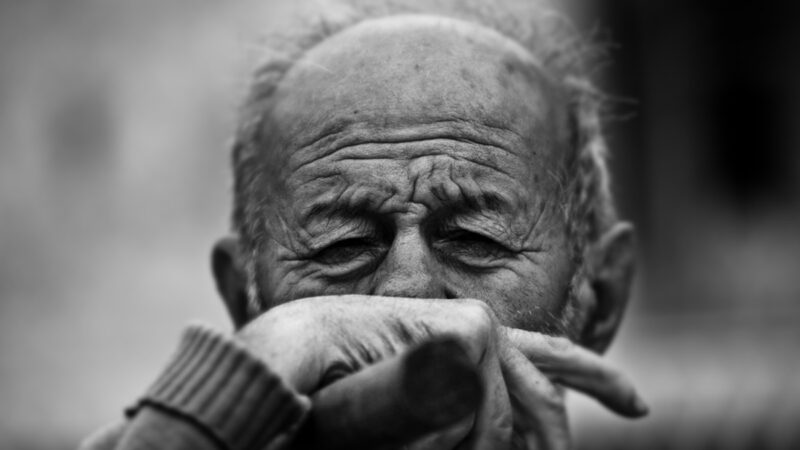 2024 C.E. April 4
2024 C.E. April 4Thousands of people in the U.K. to receive landmark trials for dementia blood tests
Thousands of people across the U.K. who are worried about their memory will receive blood tests for dementia in two trials that doctors hope will help to revolutionize the low diagnosis rate. Teams from the University of Oxford and University College London will lead the trials to research the use of cheap and simple tests to detect proteins for people with early stages of dementia or problems with cognition, with the hope of speeding up diagnosis and reaching more people.
-
 2024 C.E. April 3
2024 C.E. April 3Global life expectancy increased by 6.2 years between 1990 and 2021
A new study from the University of Washington's Institute for Health Metrics and Evaluation found that the super-region of Southeast Asia, East Asia, and Oceania had the world's largest net gain in life expectancy between 1990 and 2021 (8.3 years), largely due to reductions in mortality from chronic respiratory diseases, stroke, lower respiratory infections, and cancer.
-
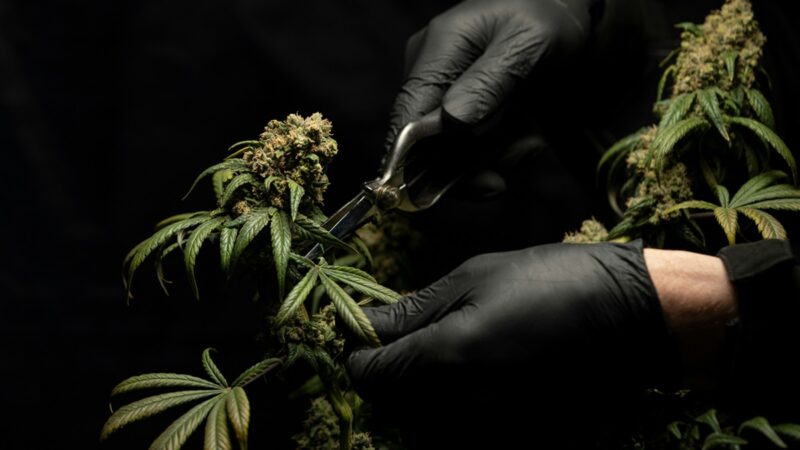 2024 C.E. April 3
2024 C.E. April 3Massachusetts becomes first U.S. state to blanket pardon low-level marijuana charges
Gov. Maura Healey’s first-in-the-nation plan to issue a blanket pardon for simple marijuana possession was met with the unanimous approval of the Governor’s Council. According to Lt. Gov. Kim Driscoll, who chairs the Governor’s Council, the body’s vote means that anyone charged with a misdemeanor crime of marijuana possession before March 13 of this year is cleared of that crime with immediate effect.
-
 2024 C.E. March 31
2024 C.E. March 31Canada to make contraception for women free
The government will pay for the most widely used methods to avoid pregnancy, such as IUDs, contraceptive pills, hormonal implants or the day after pill, for the nine million Canadian women of reproductive age, Deputy Prime Minister Chrystia Freeland said at a press conference. "Women should be free to choose the contraceptives they need without cost getting in the way. So, we're making contraceptives free," Prime Minister Justin Trudeau said.
-
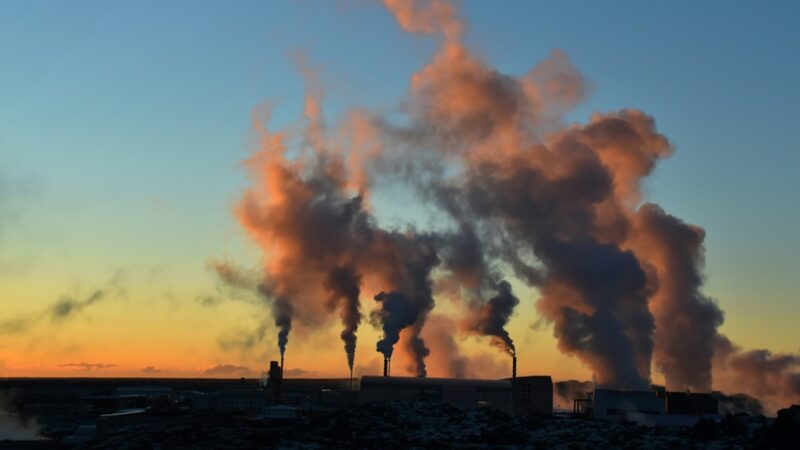 2024 C.E. March 31
2024 C.E. March 31Germany shuts down seven brown coal power stations at end of winter
Seven coal-fired power stations in Germany were shut down over Easter as the need for the power declined, power generators RWE and LEAG say. Five had been taken out of the reserve by the German government to cope with a shortfall in gas supplies through the winter, and a further two had been allowed to continue operating after their scheduled shutdown date, the companies said.
-
 2024 C.E. March 30
2024 C.E. March 30Aichi becomes Japan’s first prefecture to consider same-sex couples with children as family
Aichi – which is home to Japan's fourth largest city Nagoya – will become the country's first prefecture to recognize non-heterosexual and common-law couples and their children as families under a “family ship” oath system that will come into effect on April 1. Those who take the oath will have the right to public housing provided by the prefecture and will have the right to give consent when a loved one needs surgery at a hospital managed by the prefecture.
-
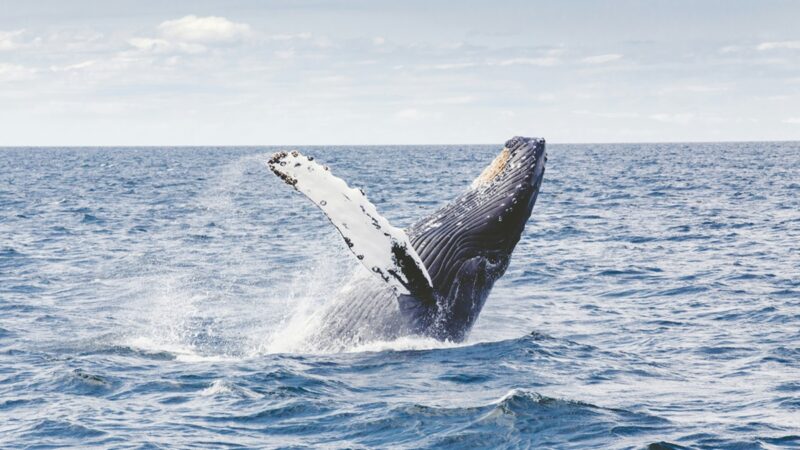 2024 C.E. March 29
2024 C.E. March 29In move to protect whales, Polynesian Indigenous groups give them ‘personhood’
Indigenous leaders of New Zealand, Tahiti, and the Cook Islands signed a historic treaty that recognizes whales as legal persons in a move conservationists believe will apply pressure to national governments to offer greater protections for the large mammals. “It’s fitting that the traditional guardians are initiating this,” said Mere Takoko, a Māori conservationist who leads Hinemoana Halo Ocean Initiative, the group that spearheaded the treaty. “For us, by restoring those world populations we also restore our communities.”
-
 2024 C.E. March 29
2024 C.E. March 29A majority of nations agrees to global tax on shipping emissions for first-time ever
Two weeks of talks at the U.N.'s International Maritime Organization have concluded in London, with a clear majority of countries emerging in favor of a historic, first-ever global emissions levy. The shipping sector, which accounts for 3% of global emissions and transports more than 90% of global trade, is regarded as one of the hardest industries to decarbonize, partly owing to the vast amounts of dirty fossil fuels the ships burn each year.
-
 2024 C.E. March 28
2024 C.E. March 28Biden administration restores threatened species protections in the U.S. dropped by Trump
Among the changes, the U.S. Fish and Wildlife Service will reinstate a decades-old regulation that mandates blanket protections for animals and plants newly classified as threatened. That means officials won’t have to craft specific plans to shield each individual species while protections are pending, as has been done recently with North American wolverines in the Rocky Mountains, alligator snapping turtles in the Southeast and spotted owls in California.








